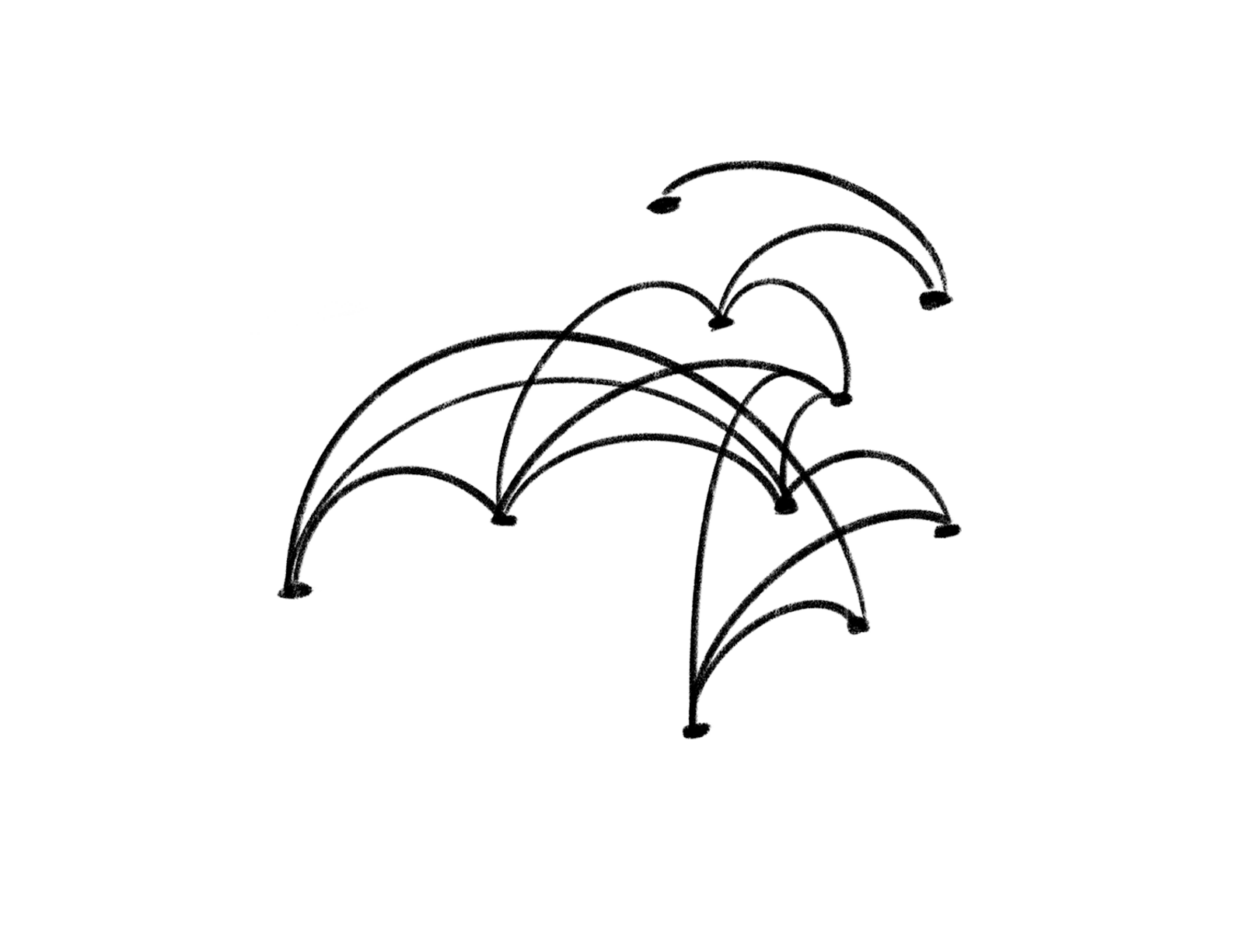
Image by Ivy Sanders Schneider

Image by Ivy Sanders Schneider
There is no Meta office in Ethiopia, but Facebook counts 6.9 million profiles in the country, and WhatsApp millions more. For Ethiopians — as for others across Africa, Asia, and Latin America — Meta is not merely a tech company, but the entire internet. Its apps come preinstalled on mobile phones; their use is included in prepaid mobile packages. Ninety-six percent of South African internet users are on WhatsApp, as are 95 percent of Nigerians, 93 percent of Argentines, and 91 percent of Brazilians. But even free apps have their price. Last year, Facebook became the nerve center of the civil war in Ethiopia, with calls for lynchings regularly circulating on the platform. In a trove of 10,000 leaked documents, the Facebook “civic integrity team” ranked Ethiopia as having its weakest level of protection for users, admitting, “We are still blind to the extent of the problem.” On the outskirts of Nairobi, young Kenyans had been contracted to review Facebook posts across East Africa for signs of violent incitement; for their service — which one worker described as “mental torture” — they were paid $1.50 per hour. In January, the company that ran content moderation for the platform in Africa, having been accused of human trafficking and forced labor, formally ended its partnership with Meta. Posts will now be reviewed by a company based in Luxembourg, nearly 4,000 miles away.
The majority of the internet’s users reside in the Global South, but its core infrastructure — cables and data centers, corporate headquarters and intellectual property — does not. This imbalance has already been written into free-trade agreements: no restrictions on data flows out of countries, but yes restrictions on source code imports into them. Presidents who pursue privacy regulations for their citizens will have to speak first to the investor-state arbitrators in Vienna, Paris, or Geneva. In California, Silicon Valley might seem like a rotting corpse. But its skeleton will remain long after its stocks lose value — an architecture of global tech governance that denies sovereignty to nations in the Global South and security to their peoples. The death of a few corporations will do nothing to reorder this technological hierarchy. Tomorrow, a quarter of the global population will wake up and, once more, turn on their phones and scroll WhatsApp.
David Adler is a political economist and the general coordinator of the Progressive International.